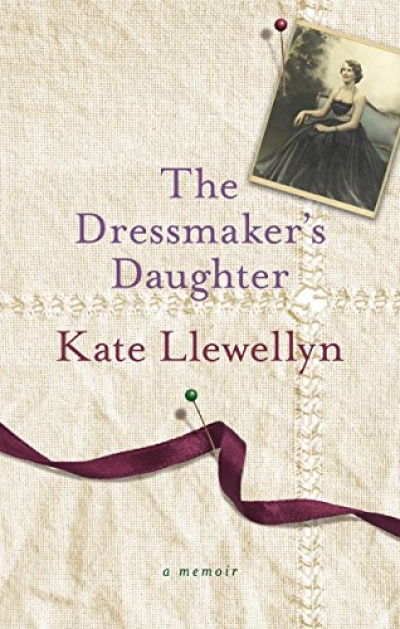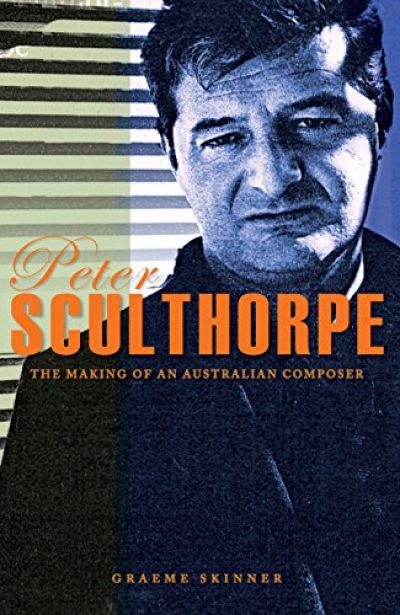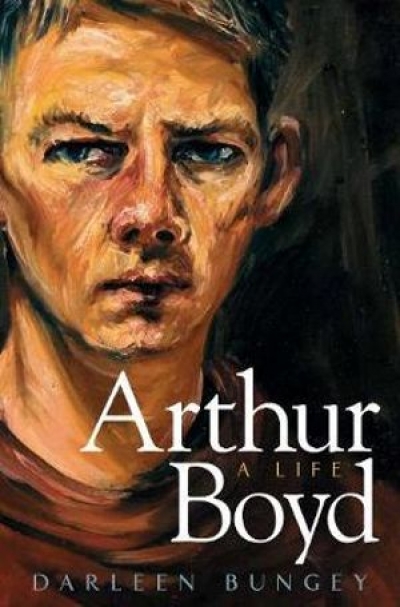Biography
Rough Justice: Unanswered questions from the Australian courts by Robin Bowles
by Grant Bailey •
I Peed on Fellini:: Recollections of a life in film by David Stratton
by Brian McFarlane •
Peter Sculthorpe: The making of an Australian composer by Graeme Skinner
by Elliott Gyger •
Australian Dictionary of Biography Vol. 17, 1981–1990, A–K edited by Diane Langmore
by Geoffrey Blainey •
Sir Ronald Wilson: A matter of conscience by Antonio Buti
by Tony Blackshield •










